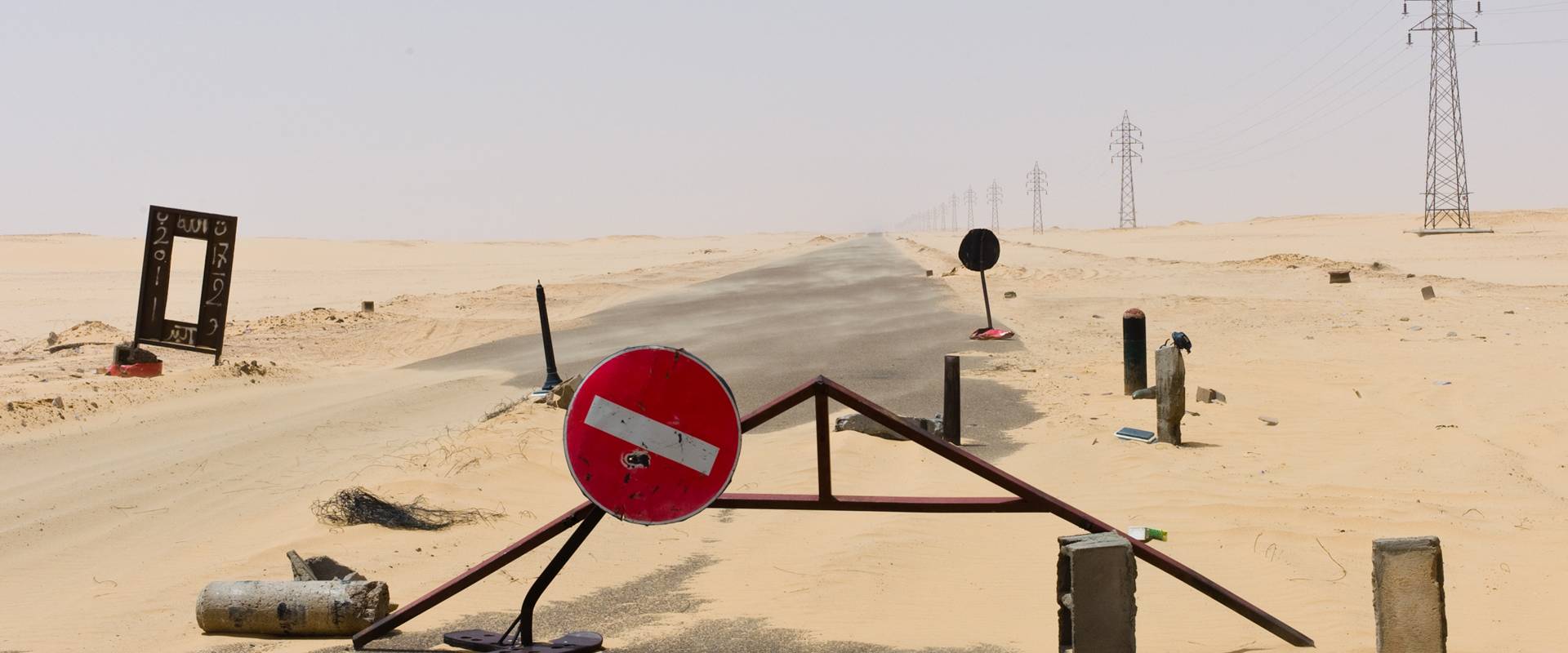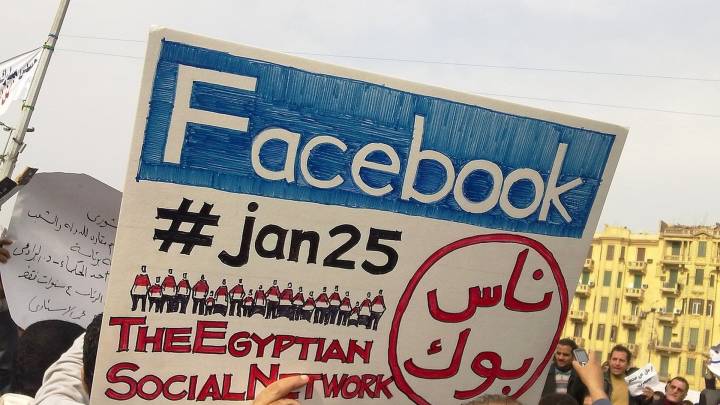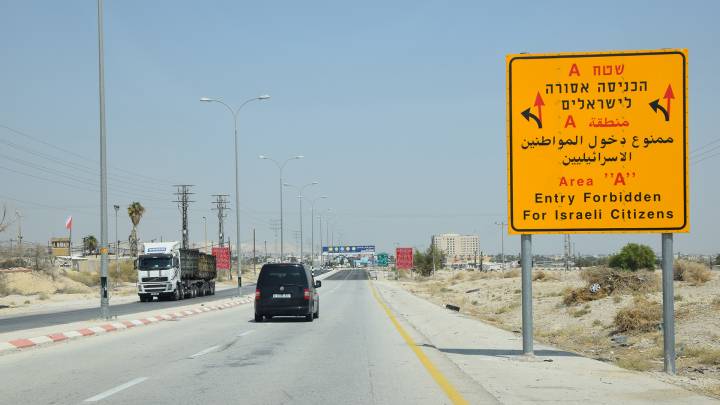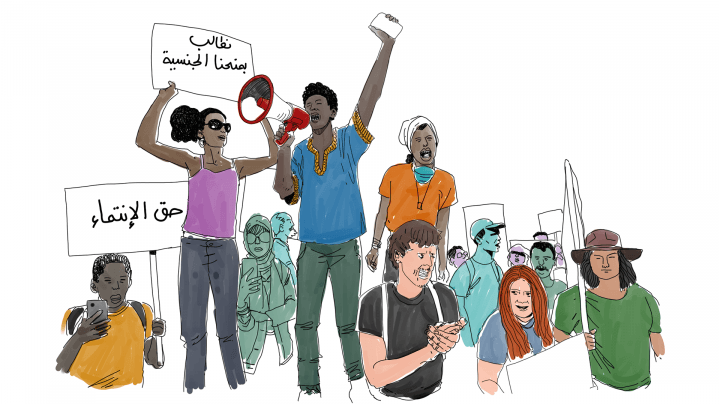The collapse of governments has raised questions about state assets and business contracts in the absence of an unchallenged sovereign.
At first glance, Bouhadi versus Breish appears to be a normal dispute between shareholders. Each shareholder group appointed a sympathetic chairman, as the position could only be assigned once. But Hassan Bouhadi and Abdul Majid Breish are not trustees of just any company – they were chairmen of the board of the Libyan Investment Authority (LIA), the sovereign wealth fund founded in 2006 to administer the country’s oil revenue, which manages approximately $70bn in assets.
The shareholder groups represent parallel governments of the failing Libyan state. On one side stands the government in Tobruk, which bases its legitimacy on the 2014 parliamentary elections and the support of the international community; on the other side there is the Muslim Brotherhood-affiliated government in Tripoli, which claims its authority from the annulment of the election by the Tripoli-based Libyan Supreme Constitutional Court. Both assigned a new chairman to the LIA’s board of directors, with the objective of controlling the fund’s international assets. This confronted the High Court of Justice in London in March, 2016, with a fundamental question: Who owns oil, central bank funds and other assets when a state collapses?
The answer given by traditional international law is simple: The government is in possession of state assets, the government being constituted by those who have the power. And the government stays the government until it is effectively replaced by a new one. But the situation in Libya demonstrates the limits of the continuity principle, because neither of the two governments effectively exercises state power. Referring to a status quo doesn’t help the case, either. This would imply an ‘old’ and a ‘new’ order that can clearly be assigned. The court decided to stay the proceedings, hoping that the Government of National Accord, formed in January 2016 and backed by the international community, would get things in order and appoint a new chairman for the LIA. Until then, a trustee appointed by the court will represent the LIA in the British courts.
When it comes to failed states, the principles of international law have undergone a significant change. One reason for the court’s restraint may have also been that the Arab Spring disrupted the principles of international laws of territory, people and power. In 2011, large parts of the international community recognised the National Transitional Council of Libya and the Syrian National Coalition as legitimate representatives – long before they had formed a government in the meaning of public international law. Their aim was to compensate a lack of cohesion in government authority while emboldening democratic credentials. This represents a new trend in public international law of not basing decisions merely on the ‘factuality of power’. Politically, it resonates with the will to support democratic change through the early acknowledgement of exile governments or counter-governments, and the need to distinguish between good and bad ‘governments’ in this situation.
In August 2011, a London court declared the Libyan transitional government to be legitimate and therefore authorised to gain access to embassy accounts in London. Its justification was that the British government had acknowledged the Libyan transitional government as the legitimate representation of the Libyan people and denied the legitimacy of the Gaddafi government. In an issue as important as the recognition of a government, it was crucial that foreign policy and justice speak with one voice. Here political recognition determined the right to command state assets. Some see this as a brave and consistent step – to deprive a dictator of economic assets that could help preserve his rule, while also empowering legitimate oppositional forces. But critics argue that this violates the principle of non-intervention as stated by international law and endangers transaction security in international economic trade.
Blood diamonds and oil
Just how problematic this approach can be in practice is demonstrated by the oil trade. Since 2011, Libyan and Syrian rebels have offered oil for sale from fields under their control, outside of the official distribution channels of the state-owned oil companies. This prompted a series of harsh online announcements and threats by the Libyan National Oil Company (NOC), warning that they would seize the cargo of any ship carrying ‘illegal’ oil – including those abroad. It sounds like a fight over exclusive marketing rights, but what if there is more to it?
In principle this case, too, appears to be a simple one: A multinational enterprise may not involve itself in the armed conflicts of a country. It should also honour human rights guidelines, even in conflict situations. It’s a hard-won consensus, codified in policies such as the Organisation for Economic Co-operation and Development’s guidelines for multinational enterprises. It prohibits transactions that support a party involved in a civil war. On top of that, the trade of raw materials from conflict regions is both ethically questionable and forbidden by law (and for good reason – witness efforts to clamp down on the trade of ‘blood diamonds’ and the reputational damage to the diamond industry). The conventional doctrine therefore implies that oil transactions with rebels are prohibited.
Economic activity in failing states is more than a necessary evil. The difficulties of this approach are also illustrated by the European Union’s recent approach to trade with Syria. In 2013, Brussels eased the sanctions imposed on Syria to permit oil deals with the approval of the Syrian National Coalition – the leading body opposing President Bashar al-Assad – and thus offer economic support to the “legitimate representatives of the Syrian people”. However, according to prevailing opinion, the Syrian National Coalition hardly constituted a ‘government’ entitled to dispose of the country’s mineral resources. While all rebels are equal according to international law regardless of their agenda, foreign policy and economic law function according to different principles. Foreign policy needs to be flexible in responding to change and take sides if necessary, but property rights remain static.
The failed state challenge
When it comes to failed states, the principles of international law have undergone a significant change and are much more open to international intervention than before. This doesn’t obscure the fact that engagements in Iraq, Somalia and Afghanistan have not been successes. Still, it would be wrong to blame this solely on the international community – led by the United States – pursuing its own interests. The concept of nation building remains complex, and the Arab Spring certainly raises doubts about whether a democratic transformation of any kind can be promoted from the outside.
The question of what role the private sector should play in all this remains largely unexplored, because there are no clear rules of the game. Failing states frequently experience the development of Mafia-like economic structures, and since their market lies particularly in the failure of the state, they have no interest in a genuine development of state and economy. At the same time, it is a mistake to assume that tasks which can’t be handled by the international community are in better hands with private sources. Rebuilding a state depends heavily on the reconstruction of the private sector, and the billions of dollars of development aid invested in Afghanistan and Iraq have not been enough to create effective state instutitions and services, the cornerstone of nation building. Economic activity in failing states is more than a necessary evil. Prohibiting it would mean punishing the population a second time for the failure of its state.
Kilian Bälz is a lawyer who advises international enterprises and organisations active in development cooperation on legal questions arising from state failure in Libya, Syria and Iraq.
This article first appeared in German in the 3/2016 edition of zenith. Translation by Nova Campanelli.





